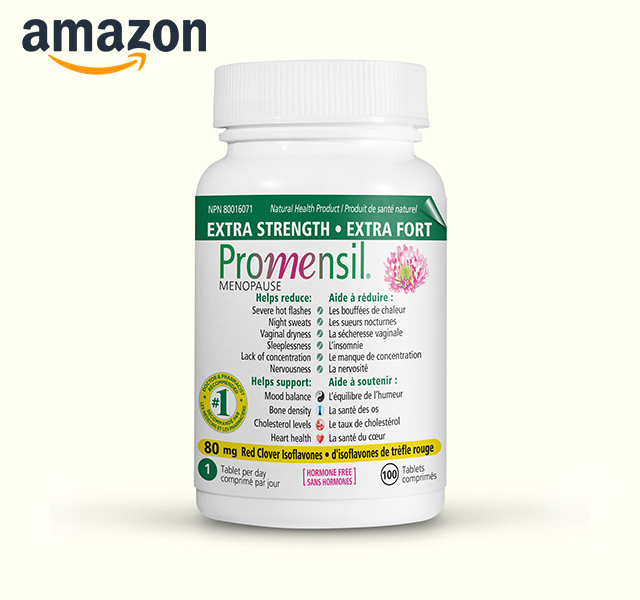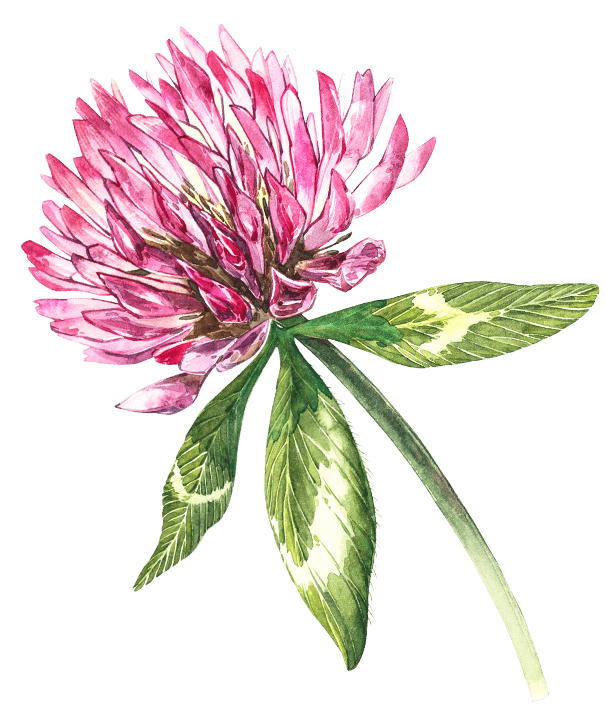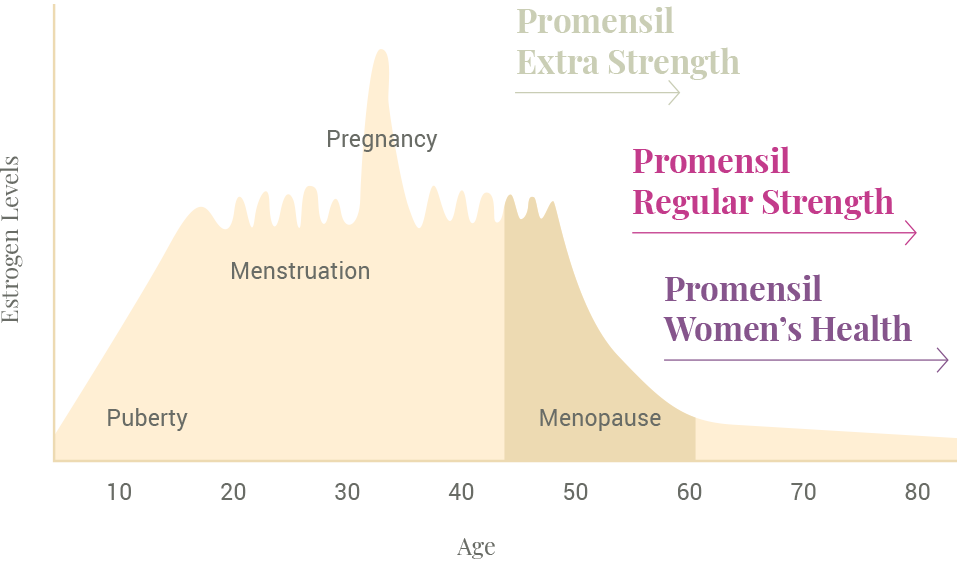Menopause symptoms
Every woman will experience the transition towards menopause in her own unique way. For some, it will be a gradual phase that is hardly noticeable. But for others, this process can be marked with severe symptoms that can impact quality of life.
Common menopause symptoms include:
Early menopause
Women 40 and younger may reach menopause early due to an abnormal thyroid, lupus or other medical conditions. Women with a family history of early menopause, smokers, those who have undergone cancer treatments, or have had a hysterectomy or oophorectomy may also reach menopause early.





